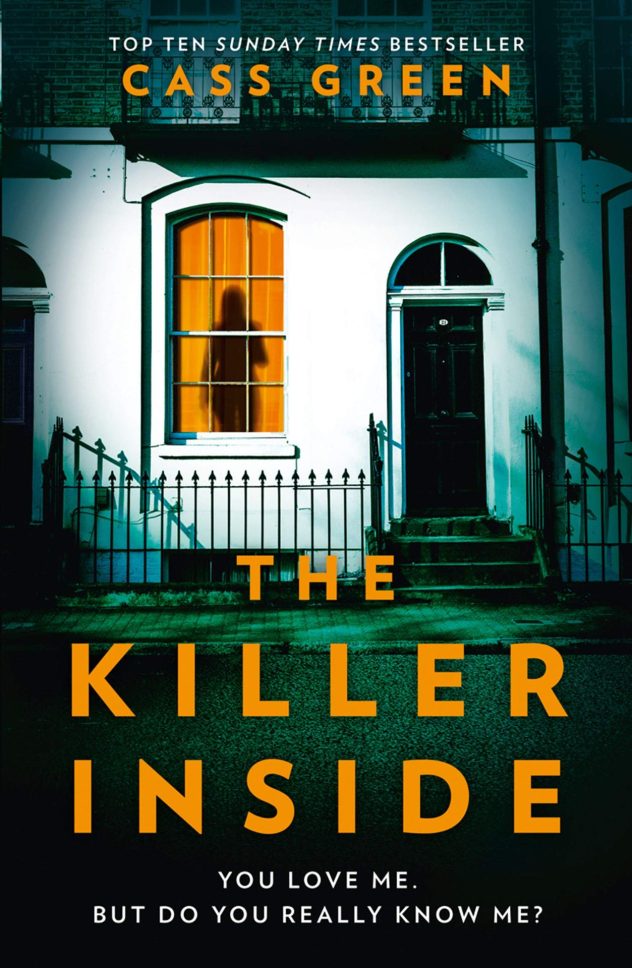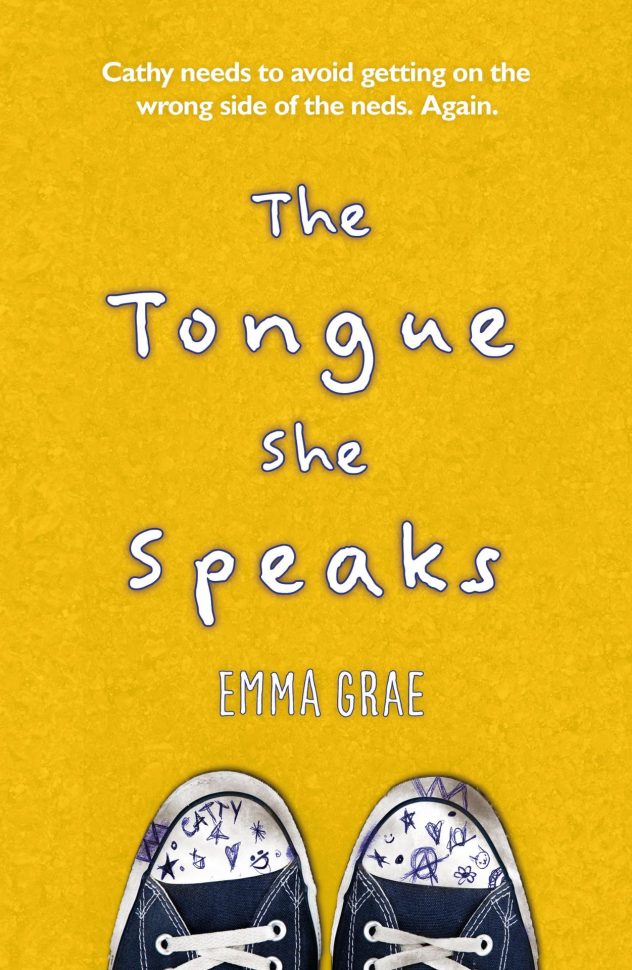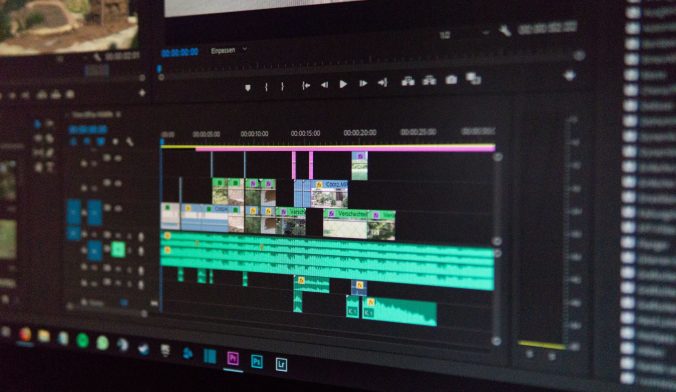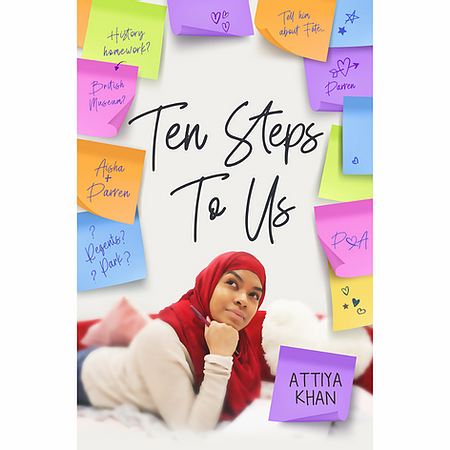by Rebekah Lattin-Rawstrone
What a pleasure to be writing once again about another fantastic Novel Studio Showcase event, this time for the cohort of 2021/2022. The reading event marks the end of a year of hard and creative work for students who have been planning, writing, workshopping and editing their novels throughout the course. Finally they get a chance to show off all that hard work to an audience of industry, friends and family guests. This year’s event was no exception in its display of exciting new writing in a wide range of literary styles and genres.
Our third year of hosting the event on Zoom, we had 50 attendees in our rapt audience. It’s amazing what the online space can offer as a meeting point of people from diverse geographical locations and this being the second year of the Novel Studio being fully delivered online, it was a fitting end to a year that showed just how supportive online writing communities can be. For those of you there, the chat really testified to this year group’s investment in their cohort’s writing journeys.
As host for the evening, I began by outlining the fantastic history of the Novel Studio course which, having developed from the Certificate in Novel Writing, has been going in its current format since 2012. The course allows students to focus solely on developing their novels for a year. You can find out more about the course here.
I went on to explore just some of the publishing successes of our amazing Novel Studio alumni (click here for more details) and we were very lucky to have present Novel Studio alumna, sponsor of the Novel Studio Scholarship (now in its fourth year!) and Sunday Times and Kindle #1 Bestseller, Harriet Tyce. Harriet offered a few words of wisdom and inspiration for the students as they embarked on their readings and looked forward to writing beyond the course. She shared her memories of reading at her Showcase event and wished the students luck.
Encouraging the audience to develop an atmosphere in the chat, the readings from the students began and what a set of readings they were.
We started with Darren Pininski and an extract from his novel, Forgive Me Father, set across London and South Africa. The extract offered an atmospheric description of a small South African town and the first meeting between two men who will go on to change each other’s lives. Forgive Me Father follows the lives of Kenneth, Nico and Dominee Paul as they navigate love, loss, forgiveness and the bizarre and dangerous world of high end sneaker crime. We were left wondering what this meeting of Kenneth and Dominee Paul would lead to.
We jumped onto a plane next with Clare Bunning who read from the opening of her novel, Work Trip. Fast-paced, funny and acutely observed, we followed Franny Phillips as she walked into her initial experience of first class. Who should follow her? Only the A-list celebrity and sex-god, Leo Rossi. Titillating in more than one way, the audience was left wondering how this fortuitous meeting might develop.
England of the noughties was waiting to greet us next as we listened to Miranda Weindling read an extract from her novel, Love + Strife. We were treated to the first real contact between two ten-year-old girls, Phoebe and Gemma. A master of the eloquent long sentence with deft descriptions of the turns of consciousness, Miranda dropped us right back into those awkward pre-teen years.
We headed for the Essex coast next and struggled to contain wry smiles and giggles as we listened to Richard Bowyer read from his satirical novel, The White House. With some hilarious one-liners and sharp dialogue, this is one of those timely novels that really has something to say about modern Britain. One of the main character’s Roger Rowntree was proposed for Prime Minister in the chat. We were definitely left wanting more.
Ammarah Ahmad took us back to early adolescence next as we listened to her read an excerpt from her novel, The Nightfall Gatherings. We joined her main character, Zara, as she experienced her first ever cult gathering. It was a very unnerving experience of darkness and chanting that young Zara could not easily navigate. We could see some difficult but fascinating times ahead for Zara.
Zeke McLeod read next, sharing an extract from the opening of his novel, Poseable, in which his narrator describes breaking up with his girlfriend. Painfully honest and read from the heart the novel goes on to explore the complex world of online pornographic role play. The audience was visibly attentive and left eager for more.
We went from the end of a relationship to the tantalising beginnings of another next with Natalie Bray as she read from her novel, Sexy Witch. Natalie took us on a whirlwind, motorcycle date with first name, surname guy, Adam Dale. Enraptured by her cutting observation and crisp dialogue and text talk, we were completely taken into her protagonist’s world.
Staying on a relationship run, we were treated to another remembered teenage entanglement next as Dominic Hayes read from his novel, Mean Time. With some great observations and hilarious Freudian slips, we were offered the beginnings of a multiple perspective novel of epic proportions.
Galaxy O’Sullivan took us into unchartered territory next as we headed for a wild science-fiction, fantasy ride through the virtual world of Galaxy’s novel, The Poltergeist Aquarium. We listened as Bishop Crowther attempted to shove souls into the unwilling bodies of one of the main characters and her colleagues. Galaxy gave us a fantastically voiced and dramatic reading with a heady mix of profanity and philosophy.
We went from the virtual to the very real next with a story about the vibrant hidden UK community circumscribed by immigration, patriarchy and faith as Novel Studio Scholarship winner, Hawa Maua, read an extract from her novel, The Church for Disciplined Women. Tasting just two of the novel’s engrossing four main characters, the audience got a sense of the richness of voice Hawa delivers in the novel. We left the characters in their deportation van on the way to Heathrow and headed back into fantasy with our next reader, Angus Cameron.
Angus delivered us into the distant country of Kizna with an extract from the first novel in his epic fantasy trilogy, A Broken Web. We listened aghast as two young men – one still a boy – were forced to watch their fathers’ executed and then kneel in the blood of their fathers and swear an oath of allegiance to the conquering empire. Read with the professional delivery of an audiobook, we were hooked into the complex politics of this distant land.
We stayed with the bloody mess families can be as our next writer, Sam Miller read an extract from her novel, The Last Weekend. Thinking we were in the happy domestic sphere of a mother-daughter reunion, we soon had our assumptions upturned as the narrator’s mother takes a knife to one of the chickens. Both funny and horrific, Sam plunged us into the depth and psychological complexity of mother-daughter relations. As the last reader of the evening, a dead, bloody chicken presented for dinner was a dramatic way to end the night.
Wrapping up with congratulations and thanks all round. Particular mention was given to the sterling work of the Novel Studio director, Emily Pedder, as well as tutors Kiare Ladner and me, and the Short Courses staff at City University, especially Josie Gleave, Sathya Narayanan and Robert Lastman. It only remained to thank the hard work of the students, to congratulate them on a highly enjoyable and productive year, and to thank the audience for their avid participation in the chat. What a fantastic night with some truly mind-blowing readings. Congratulations Novel Studio cohort 2021/2022! We feel sure we’ll soon be adding you to the list of published alumni. What a talented group.
For those of you who missed the night, you can watch the recordings here, or download a copy of the Novel Studio Anthology here. You won’t regret it.

































Recent Comments